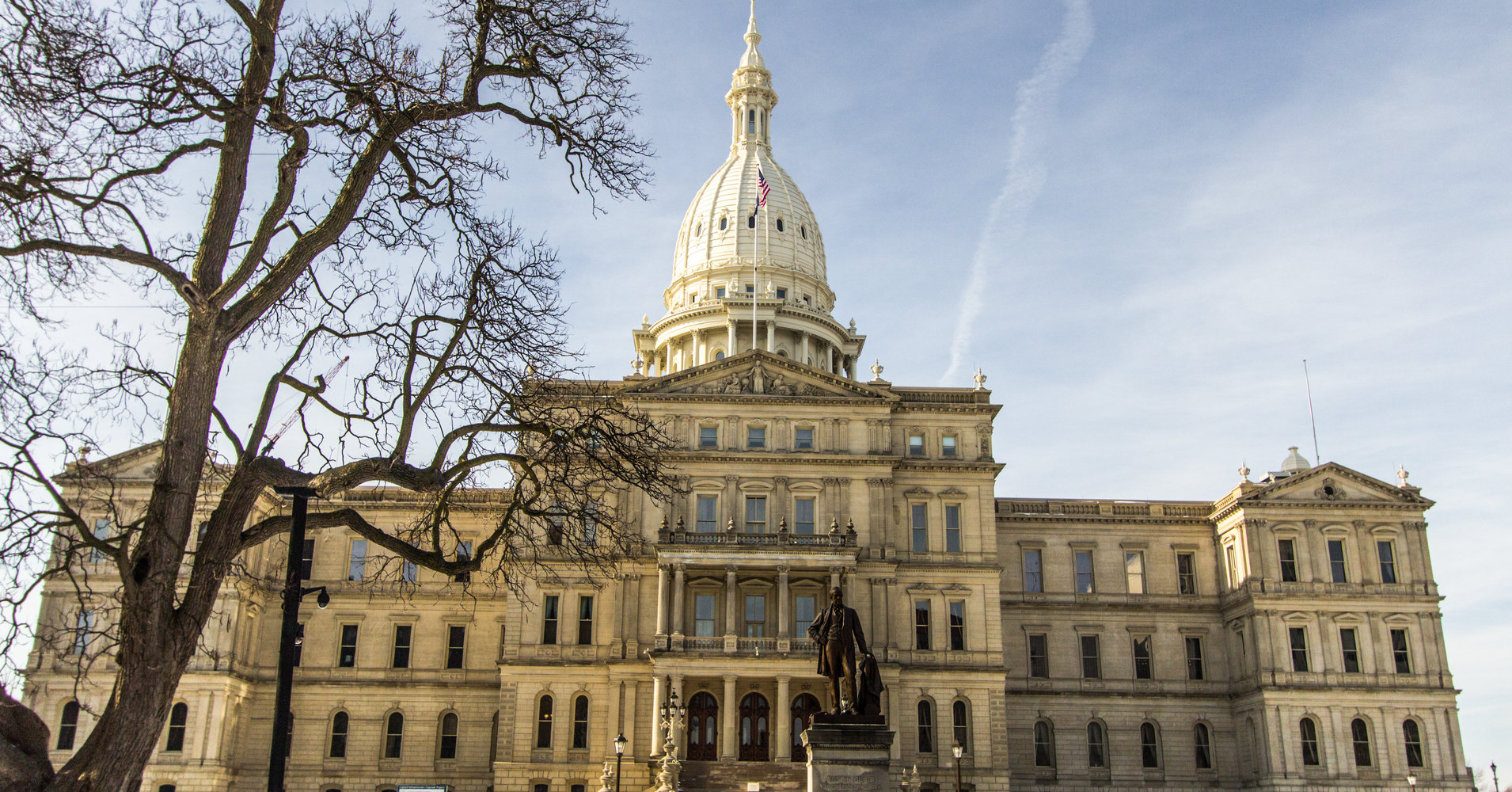[ad_1]

Michigan’s state Supreme Court agreed on Friday to hear a case expected to determine whether a measure meant to limit excessive partisan gerrymandering can appear on the November ballot.
Organizers have already gathered enough signatures to place the measure, which would create an independent redistricting commission, on the ballot. But a conservative group funded by the state Chamber of Commerce is challenging the legality of the proposal, saying it amounts to a revision of the Michigan state Constitution, something that can only be done by a constitutional convention.
The Michigan Court of Appeals unanimously ruled in June that the proposal was legal for a ballot measure, and said the conservative group’s complaint was “without merit.” The challengers appealed to the state Supreme Court, which agreed to hear the case on Friday and set oral argument for July 18.
The case is significant because Michigan is believed to be one of the states most severely gerrymandered for partisan gain. Republicans have consistently won nine of the state’s 14 congressional seats since 2012, even though Barack Obama carried the state twice and Donald Trump won it by less than 0.5 percentage points in 2016.
The measure would take the power to draw congressional districts out of the hands of lawmakers and create a 13-member commission with four Democrats, four Republicans and five independents to handle redistricting. The commission would be required to hold at least 10 public meetings.
The state Supreme Court had the opportunity to block the lower court’s ruling in June, but declined to do so. As it stands, the measure is currently set to appear on the ballot.
“Our legal team is confident that our ballot proposal meets all requirements to go before voters in November. We are prepared to make that argument to the Michigan Supreme Court,” Katie Fahey, the executive director of Voters Not Politicians, the group backing the ballot measure, said in a statement. “Voters deserve an opportunity to fix the current process, where politicians manipulate election maps behind closed doors, by voting to create a transparent redistricting process, where voters draw the lines with the public input and a set of strict criteria that prevent maps being drawn to favor politicians and special interests.”
Supreme Court justices are elected in Michigan and nominated by their parties. Republicans currently have a 5-2 advantage on the court. In April, Bridge Magazine reported that two justices up for re-election this year held fundraisers at the headquarters of the Michigan Chamber of Commerce, which is funding the lawsuit challenging the ballot measure.
Asked whether Voters Not Politicians would push for those justices to be recused, Elizabeth Battiste, a spokeswoman, said the group currently has no plans to do so, but “we are reviewing all aspects of this matter.”
[ad_2]
Source link

